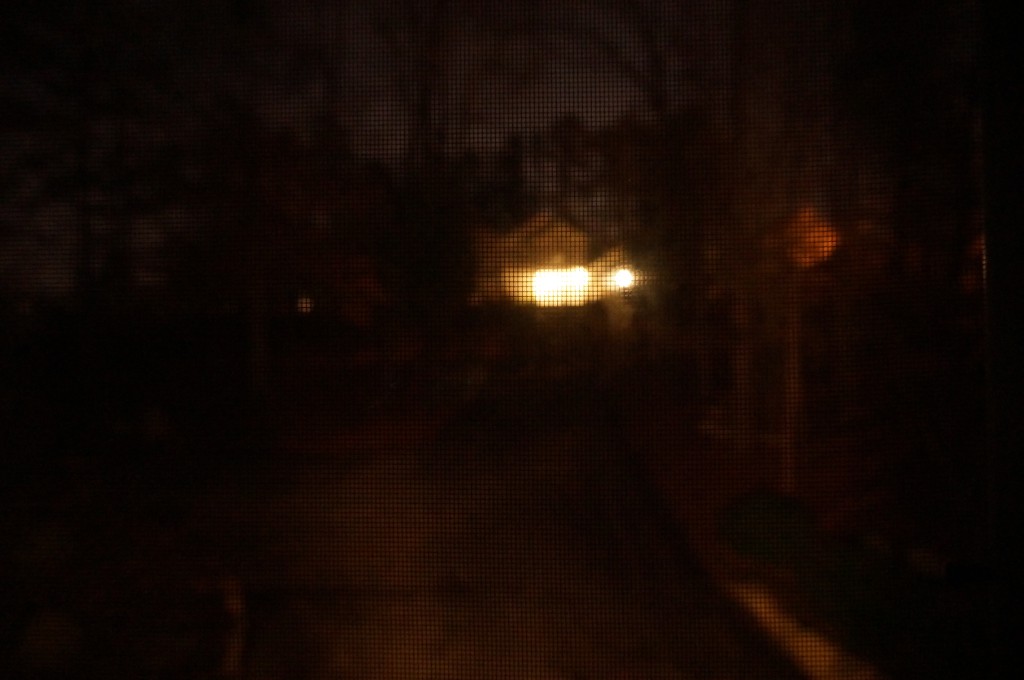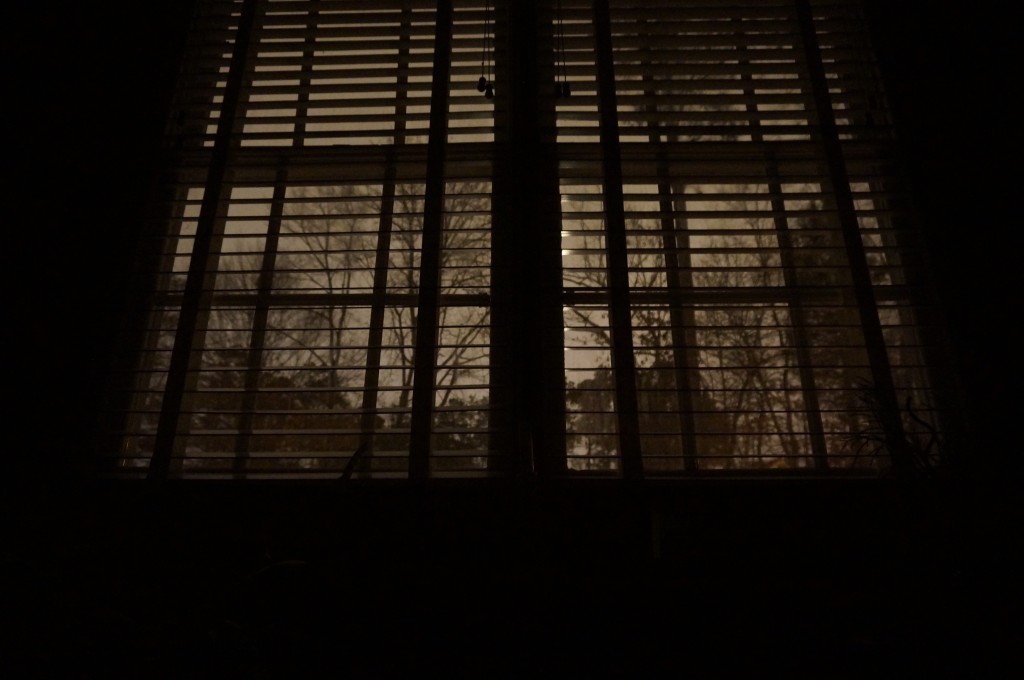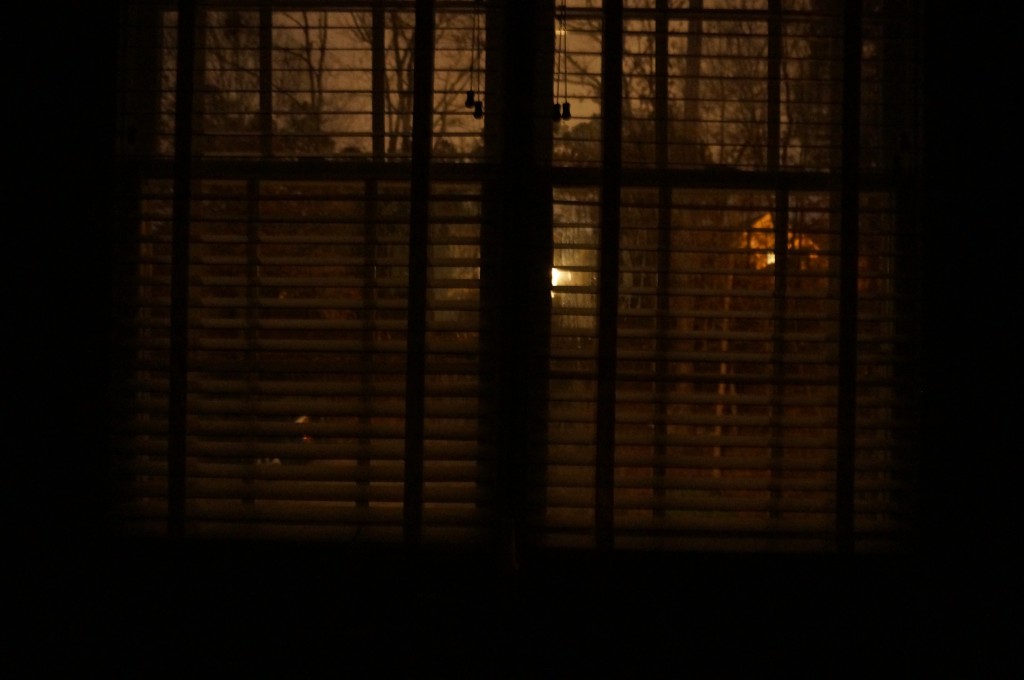For as long as I remember, I have been a fan of the Beatles.
But in my youth, that love may have expressed itself…in unnatural ways.
For instance, I can remember in 1979 or 1980 watching repeatedly, almost obsessively on HBO.
Haven’t seen it in the intervening 30+ years.
I noticed at some point in the none-too-distant past that it had showed up on Netflix, and I felt compelled to watch it…you know, For Science.
I would say that it hasn’t aged well, but really, it wasn’t good from the very moment it was released. Mess doesn’t describe it—this may be the Plan 9 from Outer Space of musical movies.
Still, I will commend to you the three actual good parts: Earth, Wind & Fire performing “Got to Get You Into My Life”, Aerosmith performing “Come Together”, and Billy Preston performing “Get Back”. They all come later in the film, so I recommend judicious use of the fast-forward option.
Oh, wait, I nearly forgot! You also shouldn’t miss the utterly inexplicable group reprise of the title song at the end of the film—it includes, among others, Curtis Mayfield, Heart (though—I’m not making this up!—they only show the male members of the band; I saw these three rock-and-roll guys who seemed a little familiar, and it wasn’t until I read the credits that I realized why I couldn’t place them, because, you know, they’re the least identifiable members of that band), Stephen Bishop (as the Awkwardest White Man In The Universe—you’ll know which one I’m talking about), Rob Lowe (sorry, no, that’s a young Robert Palmer), Johnny Winter, Tina Turner, a very confused Carol Channing…and a host of others.
It is magnificent in its randomness.



